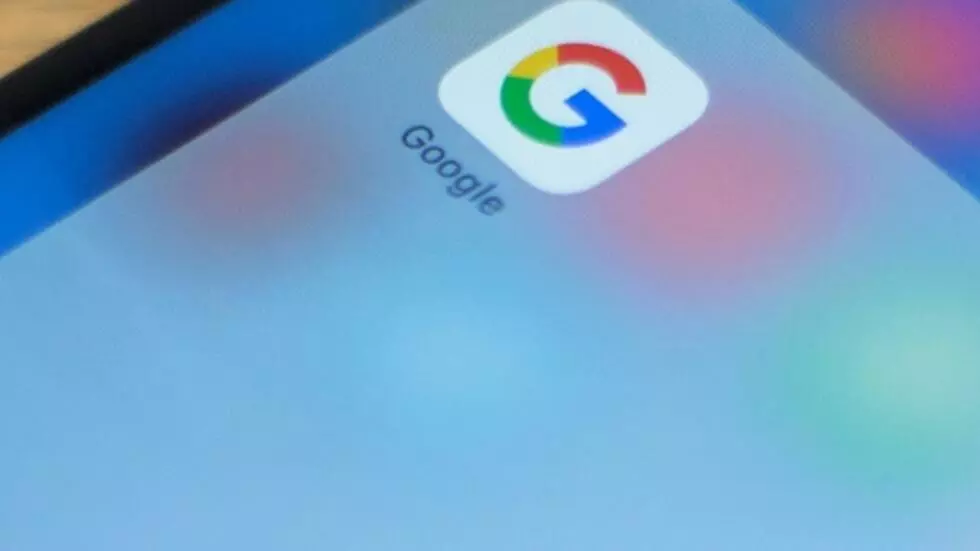A federal judge in the United States has ordered tech giant Google to open its Android smartphones to rival app stores. The order comes after an antitrust case where a jury decided Google had illegal monopoly power with the way it operates its Google Play store.

A US judge on Monday ordered Google to open its Android smartphone operating system to rival app stores, in a fresh legal setback for the tech giant.
The order is the result of Google’s defeat in an antitrust case brought by Fortnite-maker Epic Games, where a California jury decided that Google wields illegal monopoly power through its Android Play store.
The San Francisco jury in December took just a few hours to decide against Google, finding that the company had embarked on various illegal strategies to maintain its app store monopoly on Android phones.
The order, which Google is appealing, follows a similar setback in August when a different judge found that Google’s world-leading search engine was also an illegal monopoly.
Google is also facing an antitrust lawsuit in a third federal case in Virginia over its dominance of online advertising.
Under the Epic Games order, for the next three years Google will be prohibited from engaging in several practices that were deemed anticompetitive by the jury in the landmark case.
These prohibitions include revenue sharing with potential competitors and requirements that developers launch apps exclusively on the Play Store.
The judge has also ordered the creation of a three-person Technical Committee to oversee the implementation of the changes and resolve any disputes that may arise.
This injunction represents a significant challenge to Google’s dominance in the Android app ecosystem and could reshape the mobile app landscape in the coming years.
Epic Games CEO Tim Sweeney urged companies to seize this opportunity “to build a vibrant and competitive Android ecosystem with such critical mass that Google can’t stop it.”
He also underlined that the changes would only be applicable in the US, but pledged that “the legal and regulatory battle will continue around the world.”
– Google appeals –
Google said it would appeal the injunction and also demand that it be set aside pending the outcome of its continued legal challenge.
The judge said the order was effective November 1, with some provisions given until July 1 to be implemented.
“We will keep advocating for what is best for developers, device manufacturers and the billions of Android users around the world,” said Lee-Anne Mulholland, the company’s regulatory affairs vice president.
Phones running on the Android operating system have about a 70 percent share of the world’s smartphone market.
Smartphone companies can install the Android app for free under the condition that the Play app store remains on the home page and that other Google offers are pre-installed.
The jury found that Google worked illegally to make sure that the Google Play app store was the only conduit for making payments to third party apps such as Fortnite and other games.
A sizable chunk of app store revenue comes from video games, and Epic Games has long sought to have payments for its mobile games, such as Fortnite, take place outside the Google or Apple app stores that take commissions as high as 30 percent.
Epic mostly lost a similar case against Apple, where a different US judge largely ruled in favor of the iPhone-maker.
Apple and Google regularly argue that their app shop commissions are industry-standard, and that they pay for benefits such as reach, transaction security and ferreting out malware.
Google also argued that the arrangement with smartphone makers helped Android-run devices better compete against Apple’s iPhone.
But the trial exposed that Google rakes in tens of billions of dollars of revenue through the app store.
In order to preserve its one-stop-shop for apps, Google paid smartphone makers a cut of its revenue in return for the Play store remaining the exclusive gateway.
(AFP)




